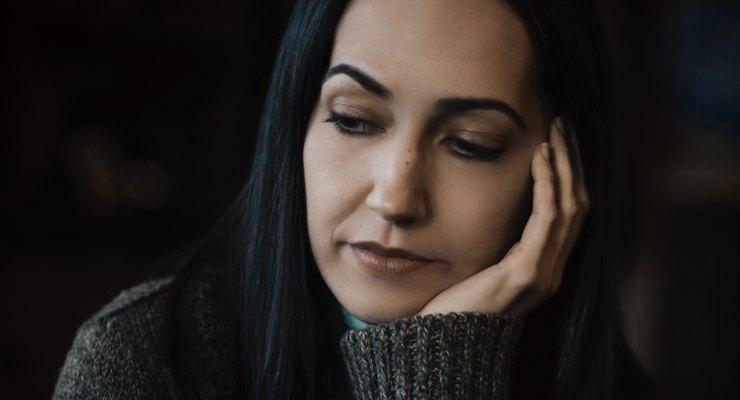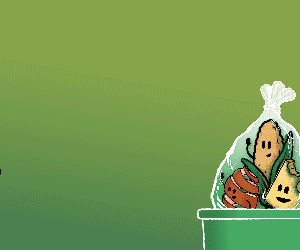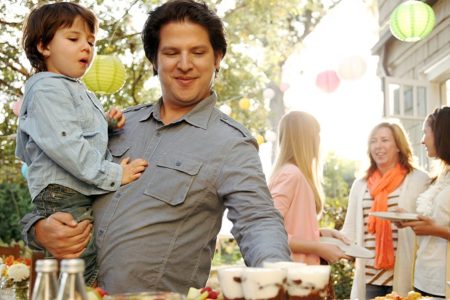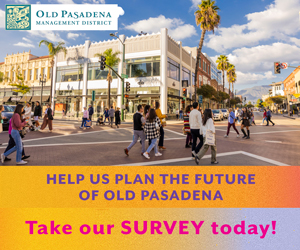
(Ken Ozuna/Pexels)
Valentine’s Day can be a lonely time for the single, and with this year’s holiday arriving after nearly a full year of pandemic-induced social distancing protocols, issues of isolation may be even more pronounced, according to a Pasadena clinical psychologist.
The day after Valentine’s Day has been unofficially labeled “Singles Awareness Day” in a nod to those not involved in a relationship during the romantic weekend.
Maintaining social relationships is key to mental health, and those in stable relationships can draw on support from their partner, said Clinical Psychologist Ryan Howes, Ph.D.
“Single folks, oftentimes, don’t have a built-in, in-home social life, unless they have roommates or something, and so there’s not this social network that they can just kind of fall back on,” he said. “Typically, social people have to be a bit more intentional about reaching out and making lunch dates and hanging out with other friends.”
“So with this [pandemic], they don’t have those fallback relationships to enjoy. And it’s harder,” Howes said. “They’re having to figure out ways to connect with others through Zoom or phone calls, something like that. And that can feel unsatisfying.”
Throughout the pandemic, one of the most significant mental health challenges presented has been isolation, and the effects it can bring, he said.
“From a mental health standpoint, one of the problems when someone is dealing with anxiety or depression, and of course, there’s been a lot of that this last year, is that that makes people want to isolate and kind of pull back,” according to Howes. “If you’re a single person living alone, it’s not good for depression and anxiety. It makes things worse.”
“And we as psychologists, we’re encouraging people to avoid isolation and get out there and be social. And of course, during this time, it’s really hard to do,” he added. “So try to make do with whatever sort of social contact that people can have in the safest way.”
Just talking with others can go a long way to ease anxiety, Howes said.
“Part of the problem with isolation is that we get worries, anxiety, thoughts in our head that are pretty easily diffused if we’re just talking to other people about it,” he said. “It makes you feel like you’re less alone. And when people are isolated, these thoughts can take over and it can feel like it’s overwhelming for people.”
Those feeling overwhelmed shouldn’t hesitate to ask for help, Howes said.
“I encourage people, if they feel like it’s really impacted their lives and making it hard to function, hard to work, or hard to have relationships, then certainly reaching out to a therapist might be one step to take,” he said.
“And another would be to just remind yourself that you do have a lot of people in your life,” he said. “Look at old picture albums or scroll through your phone and look at old times when you were being connected with other people. And let yourself know that this is not going to last forever. And it’s not that there’s no one in your life. It’s just there’s no one in your life right now.”















